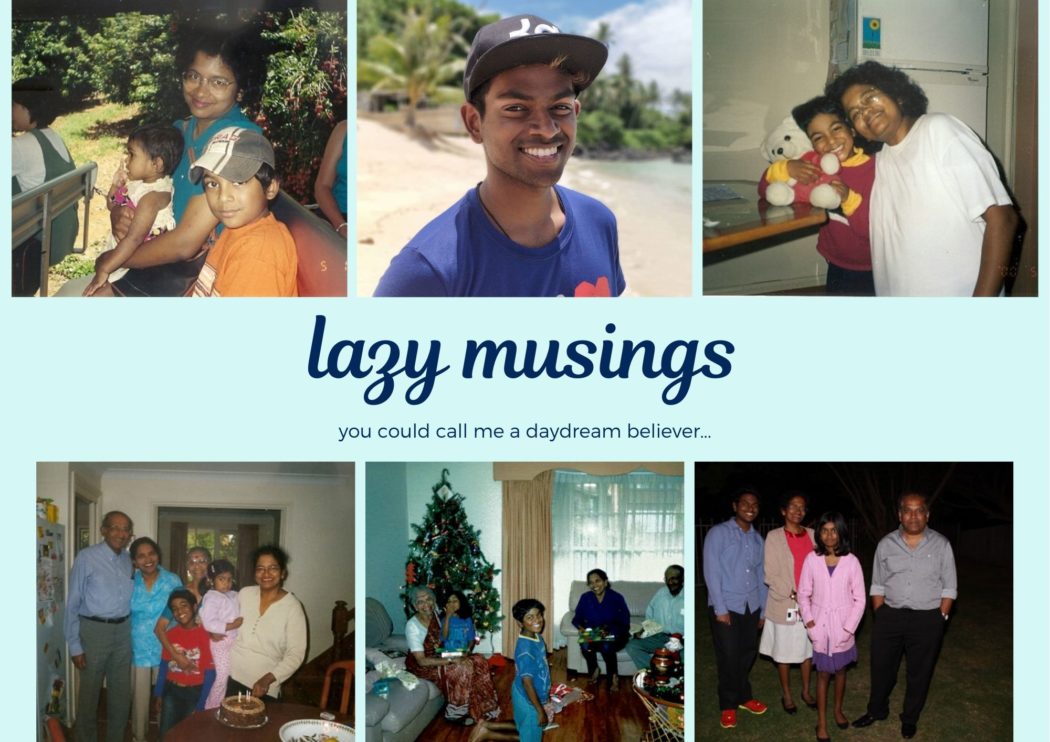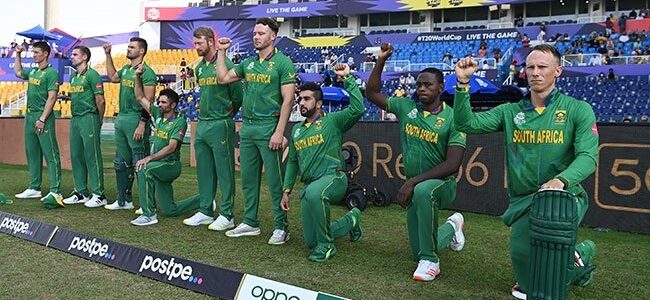On the 14th of August 2016, quarterback Colin Kaepernick, was on the bench for a preseason NFL game. What he did next would plant the seeds for a movement that would unite and yet also divide the world.
Kaepernick kneeled during the national anthem, and being a low key game and him not being in uniform anyway it attracted very little attention. Within a month however, a firestorm had started with figures from celebrities to Obama stepping into comment. What happened next?
Kaepernick never played in the NFL again. His contract with the 49ers expired at the end of the year, and he wasn’t picked up by another team. I confess to having only a very casual passing knowledge of the NFL- but surely a former starting quarterback in the Super Bowl would fit somewhere even as a third string option on one of the 32 teams? It doesn’t take much inference then to assume that his insistence on kneeling for the national anthem led to him being ‘blackballed’ by the league.
Fast forward to 2021. ‘Taking a knee’ is now the defining symbol of the Black Lives Matter (BLM) movement and is customary at the start of sporting fixtures throughout the world. The South African cricket team already had a disjointed approach to this, with some squad members kneeling, some raising a fist, and some just standing. So when their board announced before their first world cup game against the West Indies that they would ask all their players to ‘take the knee’ a controversy was always on the cards. Quinton De Kock, an explosive opening batsman and wicketkeeper, captain of the side merely months ago, refused and was subsequently dropped from the side. Cue a firestorm like Kaepernick- except obviously on completely the other side of the fence.
South African cricket openly uses a quota system, where 5-6 ‘coloured’ players must be in the side, with two of those expected to be of Black African descent. Hardly a system which fosters team unity, there has been a mass exodus particularly in recent years of white cricketers leaving to play in England. The current captain Temba Bavuma, commendable for his handling of the situation in rallying the team to a victory and calm press conferences is unfortunately stuck in the middle of the problems with the quota system. Temba is a solid batsman, but you would have a hard time convincing me that he is in South Africa’s best T20 side, let alone the choice to be captain of it. By installing a black South African as captain, the board can easily shrug off the recent allegations of racial abuse of black players that hasn’t been dealt with. Another token gesture, that I feel acts as a roadblock to actual on the ground change rather than actually helping.
Tony Armstrong is former AFL footballer turned sports presenter for the ABC. “How racist do you have to be?” (to not kneel in support) he exclaimed into the camera when covering the story. It is this reaction that neatly sums up the ridiculous nature of the situation, as well as the problem society has now with a ‘join in support or be damned’ mantra. It’s a fair assumption that Armstrong has never met De Kock in his life- so would have no clue as to his motivations and reasoning for not kneeling. How then can he label him as a racist simply for not choosing to conform to what is in my opinion become a token gesture? Are black athletes Wilfried Zaha (EPL) and Jonathan Isaac (NBA) racist too by his estimations? Zaha expressed how he felt that taking the knee had lost its meaning, and was an easy way for sporting teams and organisations to try and showed a concern for change without actually enacting it. De Kock has since put out a statement, where he outlined how he feels like he prefers to live a life where he treats everyone equally and not need to take a knee to prove it. You may agree with that sentiment. Or maybe you may think that given South Africa’s troubled history with race, even a token gesture is important for the team to be unified so he should just ‘suck it up and do it’. But either way- ultimately it should be his choice, and to have negative consequences for not conforming is toxic unity, not peaceful harmony.
Since then, De Kock took the knee during South Africa’s match against Sri Lanka (the less said about the end to that the better), and Tony Armstrong admitted to his initial reaction being “a bit too strong.” A refreshing admission that is rare for someone in the media.
I acknowledge that I have been fortunate enough to live a relatively cushy life- free from persecution over my race, religion, gender or sexuality. But that shouldn’t mean I can’t critique how society as a whole is going about trying to foster a forced common line of thinking. As frustrating as it may be, not everyone will want to support movements supporting racial equality like BLM or want to support gay marriage. The danger is by forcing these people to conform to gestures such as kneeling, or adding pronouns to their email signatures, will only foster more hatred for the causes themselves.
‘Woke culture’ is a horrible term. The essence of it of course is that the ‘woke’ people are awake whilst the rest are sleeping. Even subconsciously, the culture encourages people to need to ‘prove their wokeness’ by sharing the latest cause, or taking part in a viral show of support like #blackouttuesday. The positives? Huge waves of positivity and lightning fast support to charities and causes which can then enact widespread change. But there is a shallow, fake air to the whole thing- which leaves people who aren’t as sure about the cause on the outside wondering if they need to support to fit in. Let’s use BLM as an example. Is someone who doesn’t support BLM racist? Well it depends on whether you mean the term black lives matter or the organisation itself. Obviously not defending people who don’t support the former, but the latter is another story. Violent protests, the random looting of shops during the riots last year, the hijacking of a vigil for victims of a shooting at a gay nightclub, BLM certainly has its share of issues despite the positive change it is helping to enact. Thus can we really demonise someone who refuses to enact the symbol of their movement?
A great example of the rapid, almost pre-mediated outrage that is permeating society nowadays is the backlash after comedian Dave Chappelle’s latest Netflix special. I am a betting man, and would put money on the majority of those calling him out of social media, and those writing catchy headlines along the lines of “transphobic comedian sparks outrage” having not actually sat down and watched the entirety of his hour long show. It is not without pushing the line jokes of course, but on the whole is more thoughtful and introspective, as Chappelle stresses that in making jokes he is not “punching down” on the Transgender community, instead coming from straight on- as he would when making jokes about anyone. My criticism here isn’t people taking offence to his jokes, or thinking that his olive branch offering is insincere- that is their prerogative. Instead it is the typical drum-beating rush to post and call out someone who literally asked for the opportunity to sit down and have a discussion with the Transgender community.
Covid was supposed to unite the world- the somewhat tacky “we’re all in this together” signs plastered over buses indicated as much. Instead we’re left with what I would term a ‘plastic unity’, where like Quinton De Kock, people are inevitably forced to mould themselves into acceptable boxes or face the consequences. Here’s to a more balanced dialogue for all in 2022.
-featured image from Gareth Copley-ICC/Getty Images

